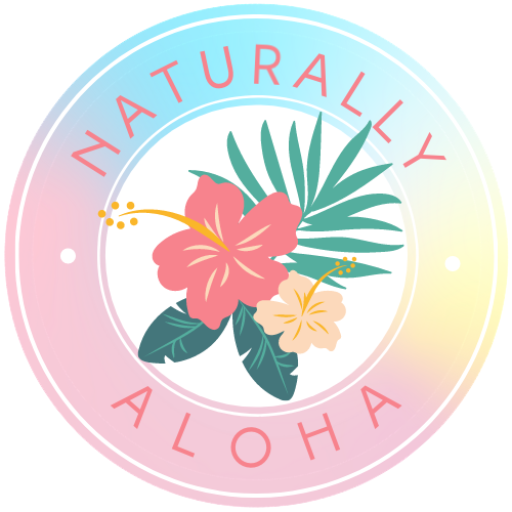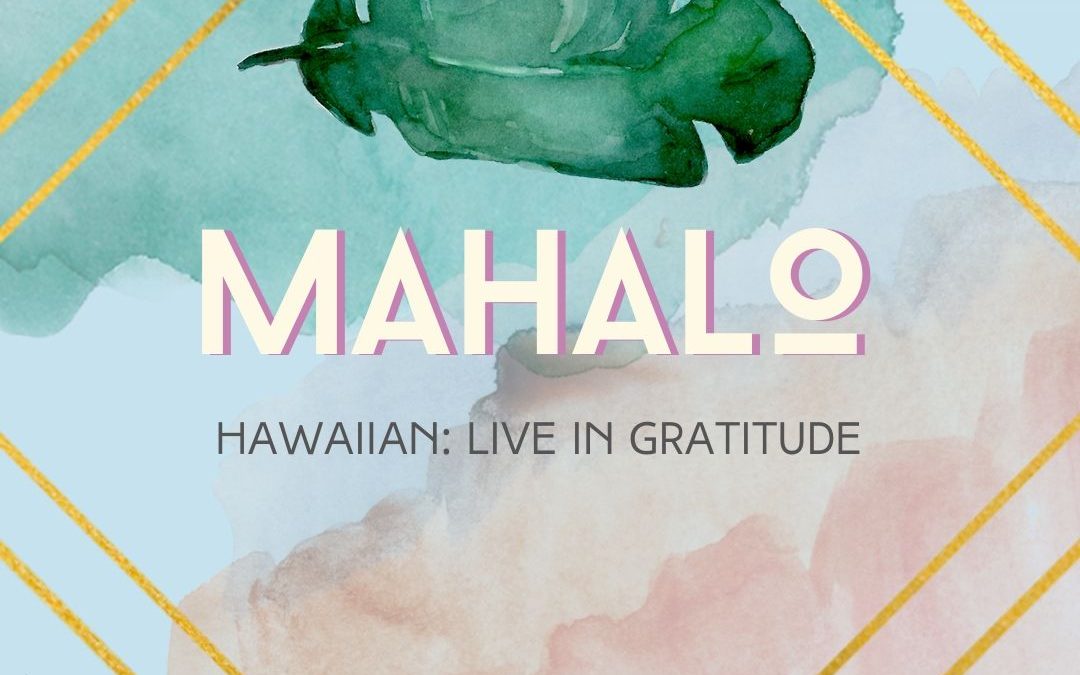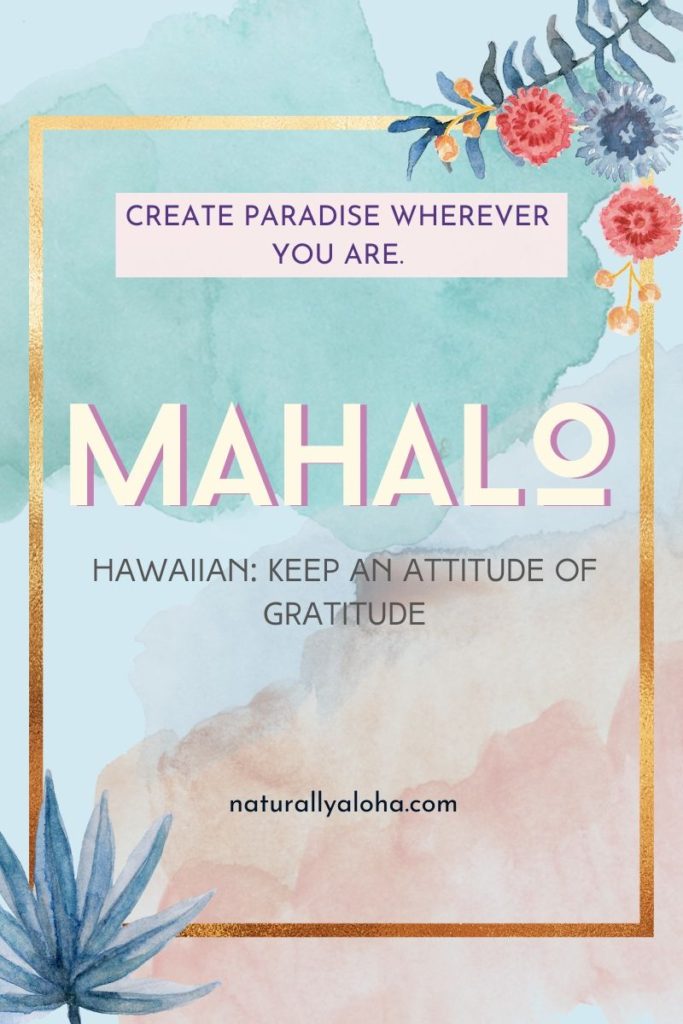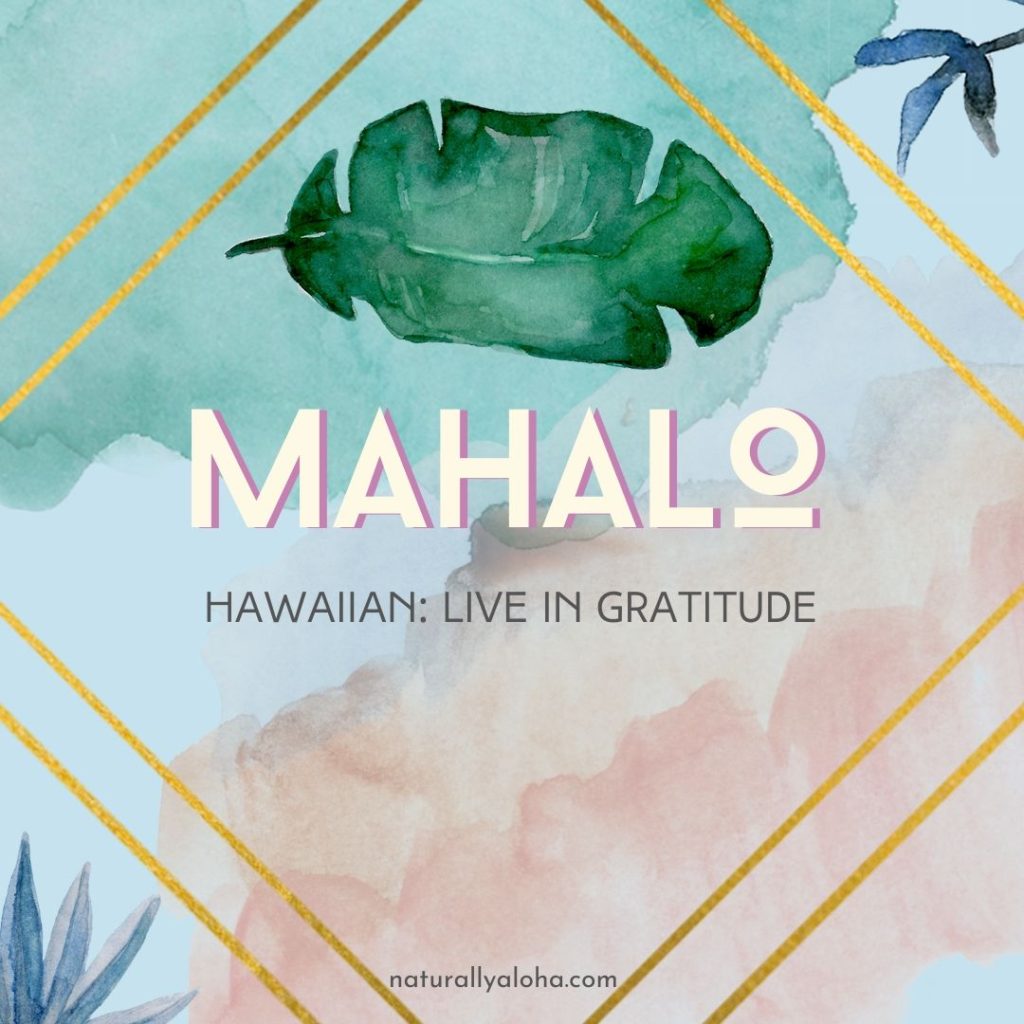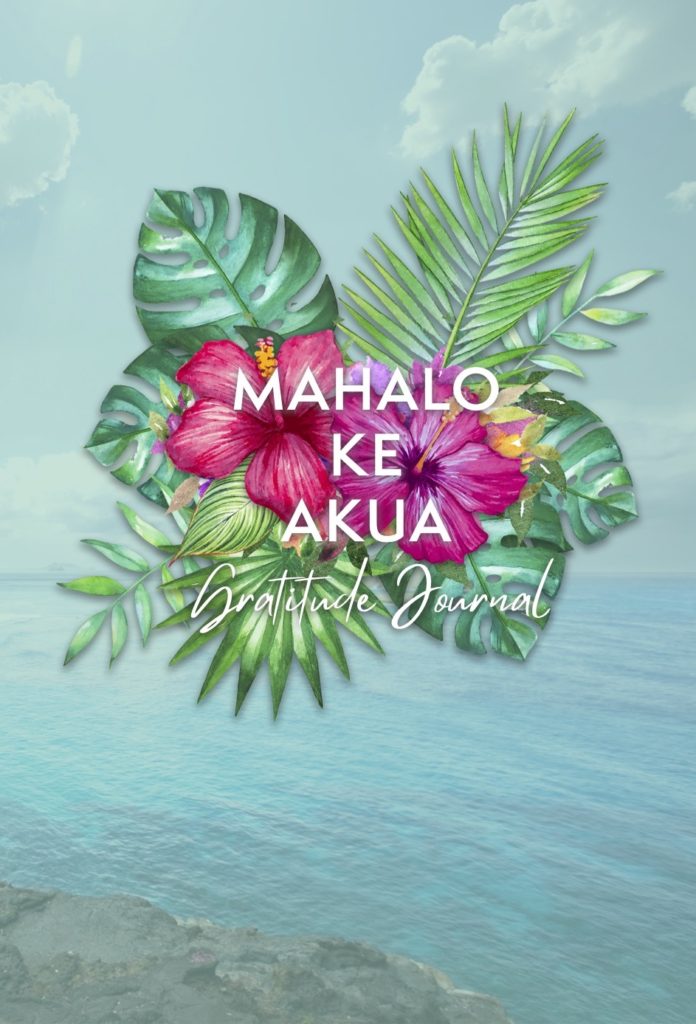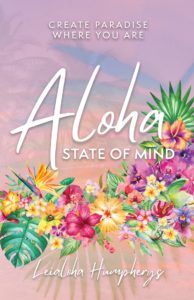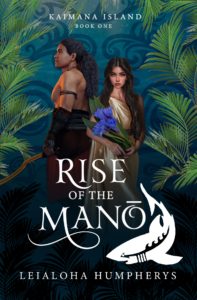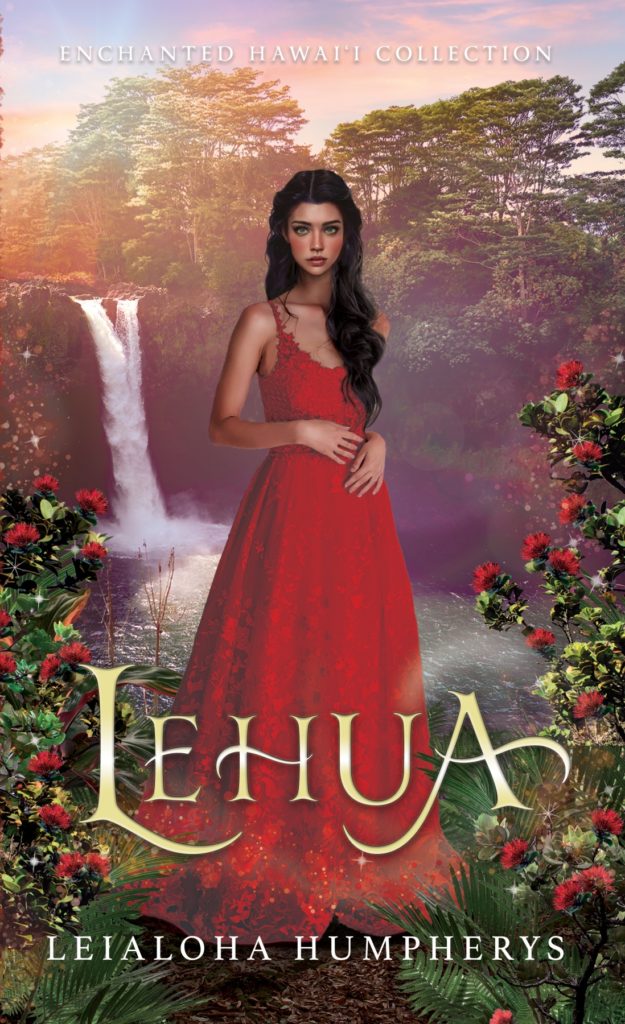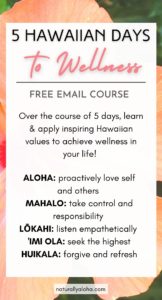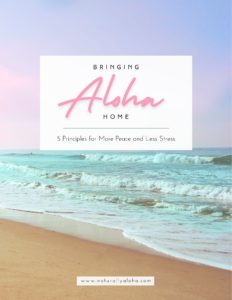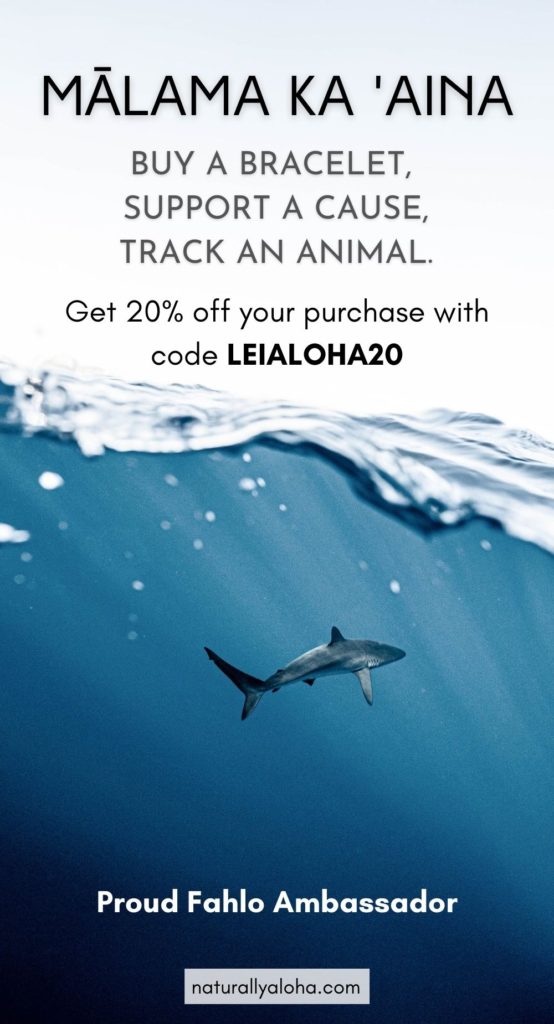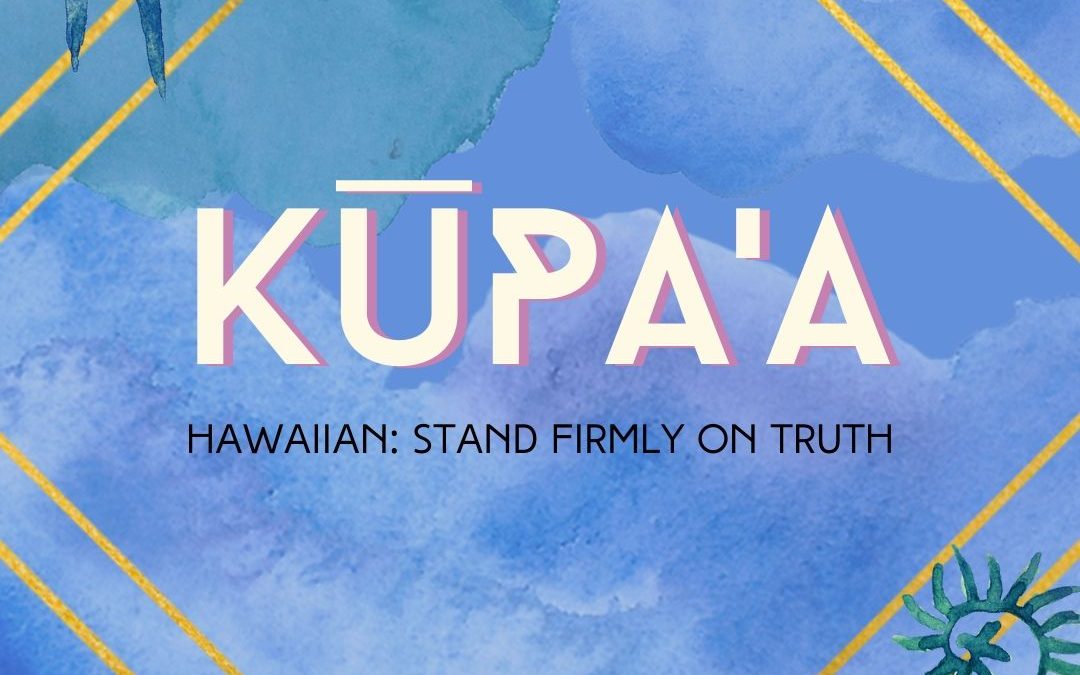
Kupa’a: Stand Firmly On Truth
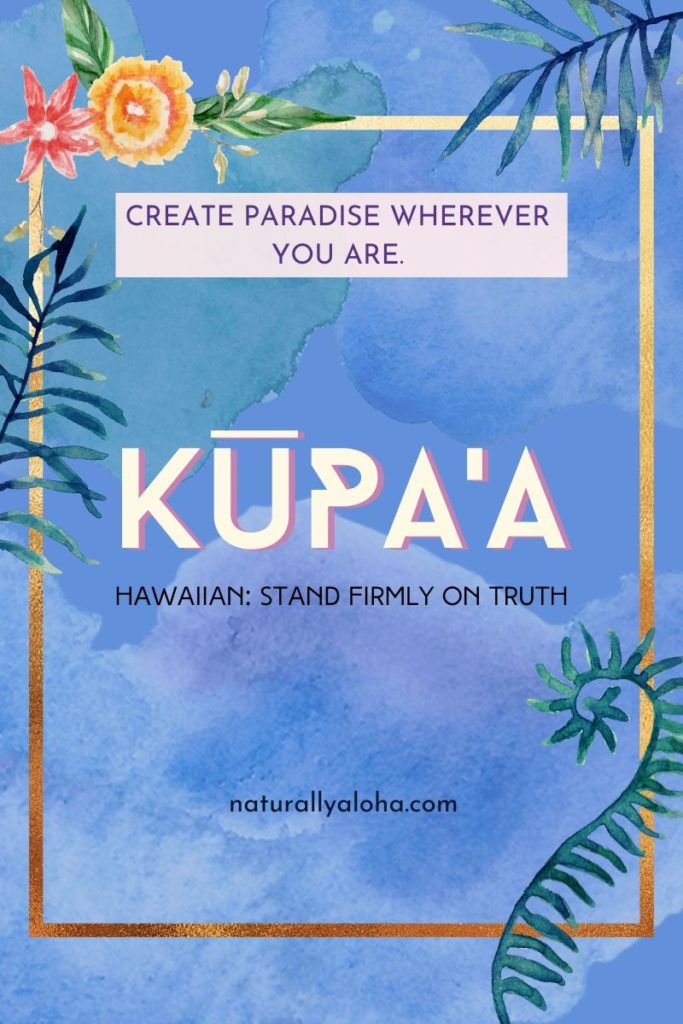
Kū literally translates to “to stand,” and pa’a translates to “firm” or “solid.” So the word kupa’a means to stand firm.
Steadfast.
Immovable.
Constant, determined, and faithful.
When we live the value of kūpa’a, we stand strong in our decisions, based off of truth and righteousness (pono). No matter what happens to us, we are resilient, knowing that if we don’t stand for something, we would fall for anything.
The thick and thin about lava
At around 15 years old, my family moved from Oahu to the Big Island. During our first few months there, we explored the island, venturing to one of the most popular sites to see: the lava flowing into the ocean.
At the time, the flow hadn’t covered most of Pahoa, and instead was just a huge field of black rocks that had hardened a few years before.
In my journal, I wrote that red reflectors on the ground guided us towards the flow. At one point, we couldn’t find the reflectors, so my dad trudged forward. Before our hike, other locals warned us to be careful while walking on the lava.
While the surface of the lava was hardened and felt solid, the lava could actually be a thin layer, which, if stepped or stood on for too long or hard, might break and fall into a lava tunnel beneath.
I worried and thought of this as dad guided my siblings, mom, and I through the lava field. I once felt secure by the reflectors, knowing that officials marked those as safe spots. Those reflectors marked that no lava flowed beneath here, and the surface would not break through. Now walking, without any knowledge, made me terribly anxious.
A dangerous situation
At one point, dad found a spot where you could see the lava flowing beneath. I timidly walked to where he stood and peeked inside, the hot glow of lava oozed far beneath. The ground below felt solid, but I could only imagine it snapping, like a brittle cracker, into a million pieces, and we would all go falling into the burning below.
Fortunately, it didn’t break, and we continued towards the ocean.
Since the daylight shone above us, we couldn’t see the red glow of the lava flowing into the ocean perfectly. But the smell of sulfur, the smoke and steam rising into the air, and the occasional gust of heat let us know that the lava flowed ahead of us.
We stayed there for a while, admiring the lava flow from a distance, but the whole time I felt nervous. Even going back, I longed to see the reflectors to know that we stood on solid ground. We eventually did get back. Nothing happened, but I still reflect on this experience.
Kūpa’a is all about standing firm and being solid in decisions, knowing that the decisions were made and based off of truth. When we make decisions based off of popular beliefs, trends, or opinions, we stand on shaky ground, where, when put against the test of time and God’s truth, the ground breaks and we fall into the lava below. We can, as the popular saying goes, get “roasted” because our beliefs aren’t built on solid truth.
When we stand on solid ground, strong + confident in our decisions, we withstand any weight or burdens that may be placed against us.
How to live Kūpa’a
I once spoke to a close friend whose daughter was making decisions that were inappropriate and disrespectful to God. My friend and I share the same religion and beliefs, and it’s important to us to always be pono… that God recognizes those efforts we make to honor and respect all people and their rights. My friend’s husband told their daughter this:
“Just because you don’t go to church or abide by the standards, it doesn’t mean that you lose your morals.”
That stuck with me. We have a kuleana, responsibility—not only to God—but to humanity and to this world, to have morals. Living kupa’a is all about living upright and moral in a world that mocks morality and standards.
The values I’ve discussed on my blog are all a great way to start discovering what it means to be moral and pono. However, connecting with God is the greatest way to discover morality and to know how to live our best lives in this world.
Here are some other ways to live the value of kupa’a.
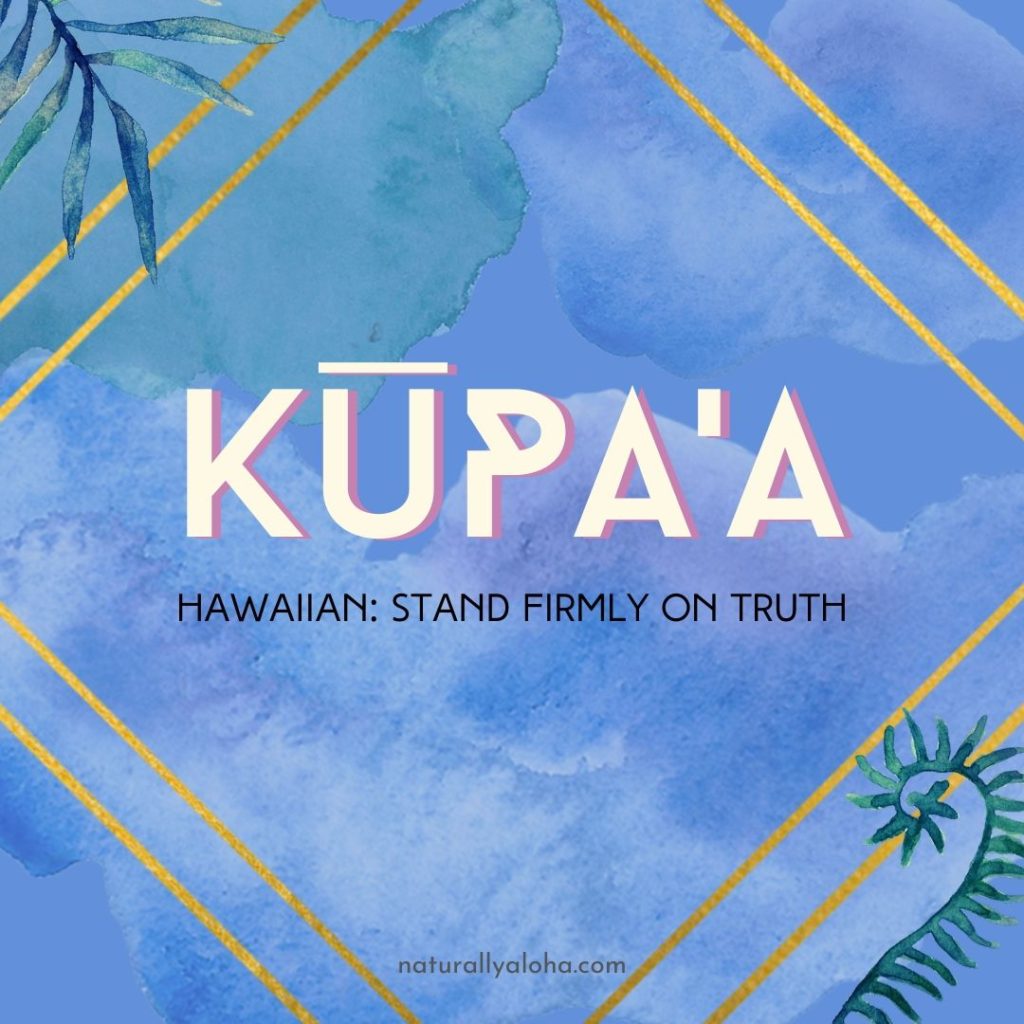
Know your why
If you don’t know your why, it’s harder to kupa’a. In my church we follow a commandment called “The Word of Wisdom,” where we choose to abstain from alcohol, drugs, and other harmful substances. I made a very conscious choice, as a young girl, to obey this commandment.
As I got older, classmates and neighbors questioned my choice, thinking that it “wasn’t fun” that I obeyed all these “rules.”
But I knew my why. I did it because I wanted to be obedient to God. If I wanted to be close to him, I needed to listen to and obey him.
This was never a good enough reason for others, but it was solid ground for me. I’ve felt blessed for my decision, and grateful to God for helping me stay firm in it too.
If you don’t know your why, it makes it difficult to stand strong where you are. When people ask questions or bring up things you’ve already made a decision on, and you know your why, be confident in that decision.
Be pono
There are many people who are kupa’a in things that are morally wrong, like abortion (murder) or abuse in any of its forms.
My dad was one of those people. He twisted the church’s teachings and then used his personal convictions to abuse me and my family. He manipulated God’s truth so that he could get away with the things he did.
It was awful and confusing. My dad was so firm in his beliefs, that they became a reality for him. He ended up getting what he wanted and, to this day, believes he did no wrong to my siblings, my mom, and myself.
With a charming personality, he painted the picture of us as the bad guys (and we all still suffer from trauma and ptsd from it to this day). Some of my siblings even left the church we grew up loving and living.
My dad would say, “Live your truth.” And that was the problem.
As Ben Shapiro put it: “There’s no such thing as ‘your truth.’ There’s THE TRUTH and YOUR OPINION.”
When you choose to be kupa’a about something, make sure it is pono and right. Make sure that it benefits and blesses society and yourself. Even if it’s unpopular, such as choosing not to swear/use bad language or choosing modesty over trends, when you choose pono morals, it does bless humanity as a whole.
Stand firm
There are so many things to be kupa’a about, that in the end, it’s up to you to decide what you will stand strong in. There are so many voices in today’s world crying for attention, so how will you react? Will you make your decisions beforehand, so when the testing time comes, you’ll stand firm?
I’m so grateful for the value of kupa’a. It helped me feel peace about my decisions, even when others have mocked or questioned me. I feel pono and aligned with God when I choose to be kupa’a about God’s truth. What are some ways you’ve used kupa’a in your life?
With aloha,
Lei
Let’s hear from you!
How will you implement the value of kūpa’a in your life? Let us know in the comments!
Save this for later!

Bonus 😉
Check out my instagram to learn more ways to live kupa’a, to stand firm… even when it’s unpopular, even when you’re the only one… I’d love to connect with you!
